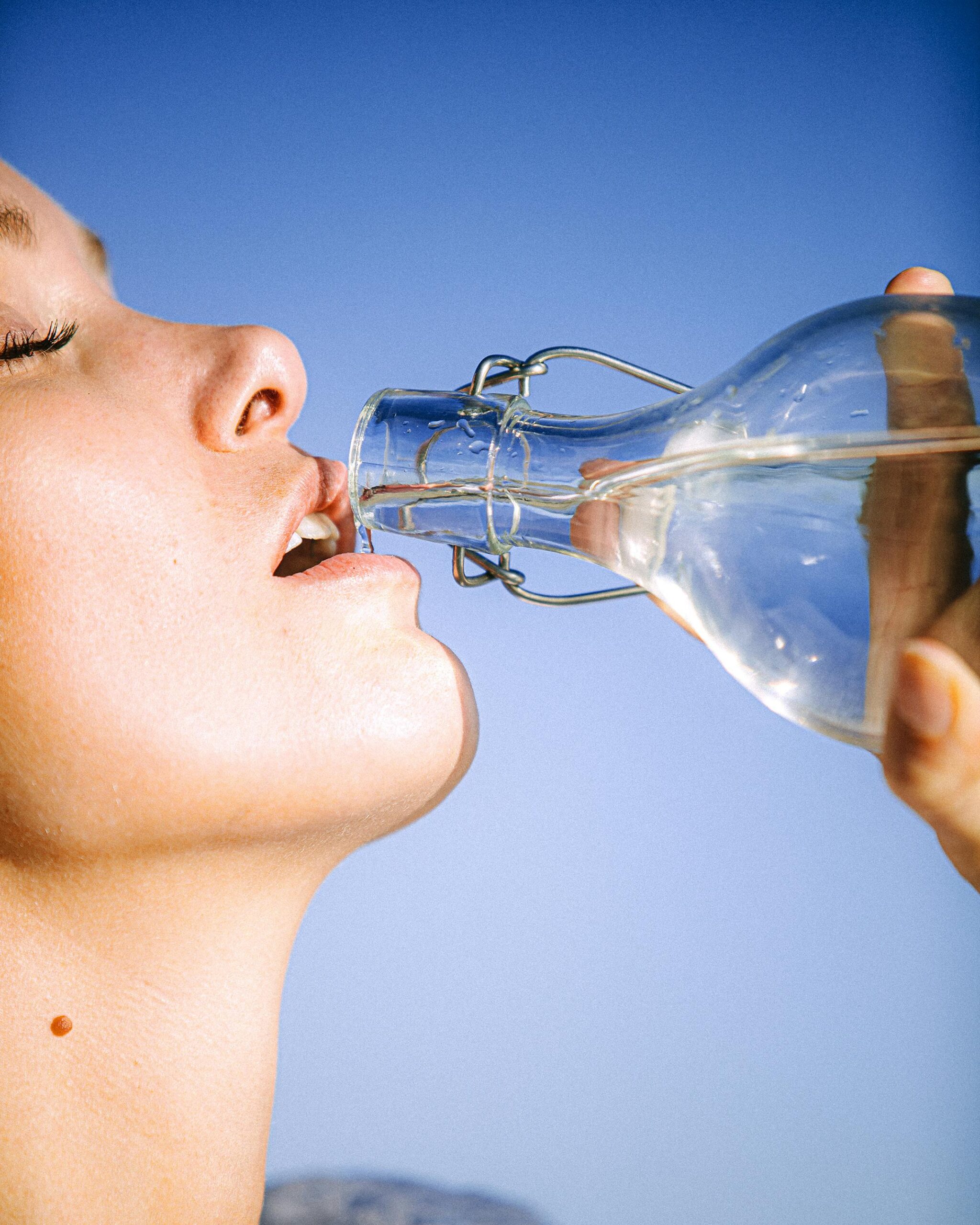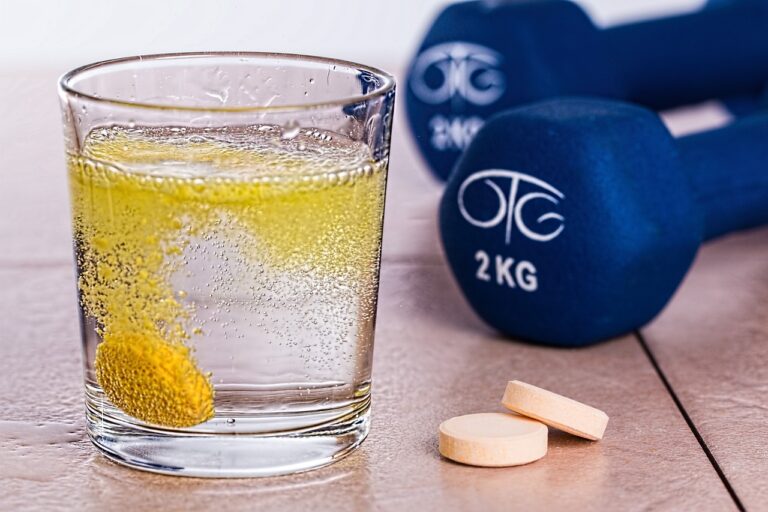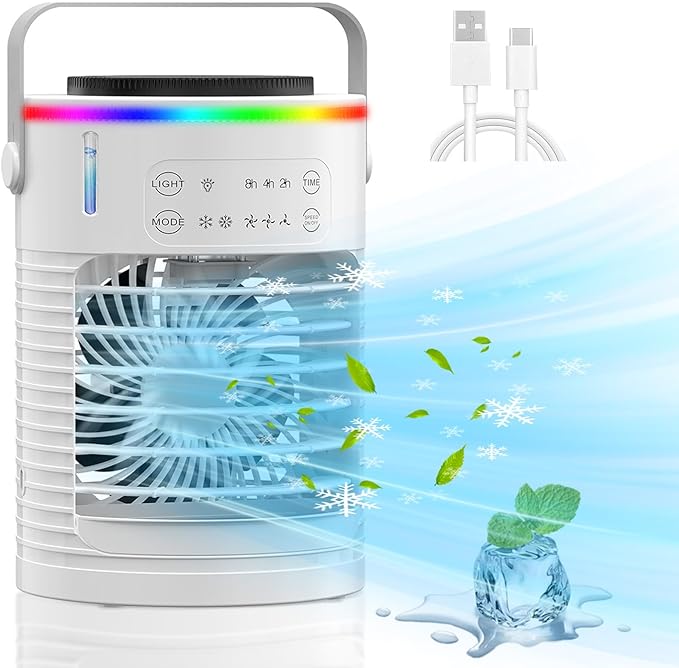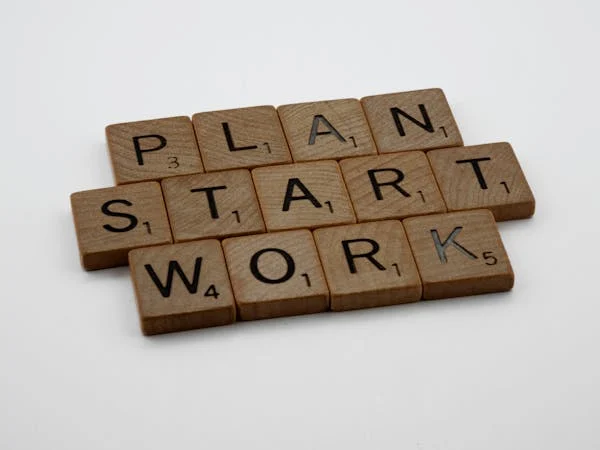Can Drinking More Water Help You Lose Weight? A Comprehensive Guide
Introduction
The quest for effective weight loss strategies has led many to explore various methods and tips. Among the simplest yet often debated suggestions is increasing water intake. The question arises: Can drinking more water genuinely aid in weight loss? While the answer is multifaceted, the potential benefits of water in weight management are supported by a mix of scientific studies, anecdotal evidence, and logical reasoning. In this comprehensive guide, we delve into the role of water in weight loss, the mechanisms behind it, and practical tips to incorporate more water into your daily routine for optimal results.
The Role of Water in Weight Loss
Water is essential for life, playing a crucial role in numerous bodily functions. Its significance extends to weight management through several mechanisms:
1. Appetite Suppression
Drinking water before meals can lead to reduced hunger and calorie intake. This phenomenon, often referred to as “preloading,” helps you feel fuller, thus consuming fewer calories during meals. A study conducted on middle-aged and older adults found that those who drank 500 ml (about 17 ounces) of water before meals lost 44% more weight over 12 weeks compared to those who did not.
2. Calorie Burning
Water consumption, especially cold water, can temporarily boost metabolism. This process, known as water-induced thermogenesis, occurs because the body expends energy to heat the water to body temperature. Although the calorie burn is modest, it can contribute to weight loss over time. A study published in the Journal of Clinical Endocrinology & Metabolism found that drinking 500 ml of water increased metabolic rate by 30% in both men and women.
3. Replacing High-Calorie Beverages
Substituting water for sugary drinks or high-calorie beverages can significantly reduce calorie intake. Many sugary drinks are high in empty calories, contributing to weight gain and other health issues. Replacing them with water can help create a calorie deficit, essential for weight loss.
4. Enhanced Workout Performance
Proper hydration is critical for optimal physical performance. During exercise, staying hydrated can help maintain energy levels, improve endurance, and reduce the risk of injury. Better workout performance can lead to more effective calorie burning and muscle building, both of which support weight loss.
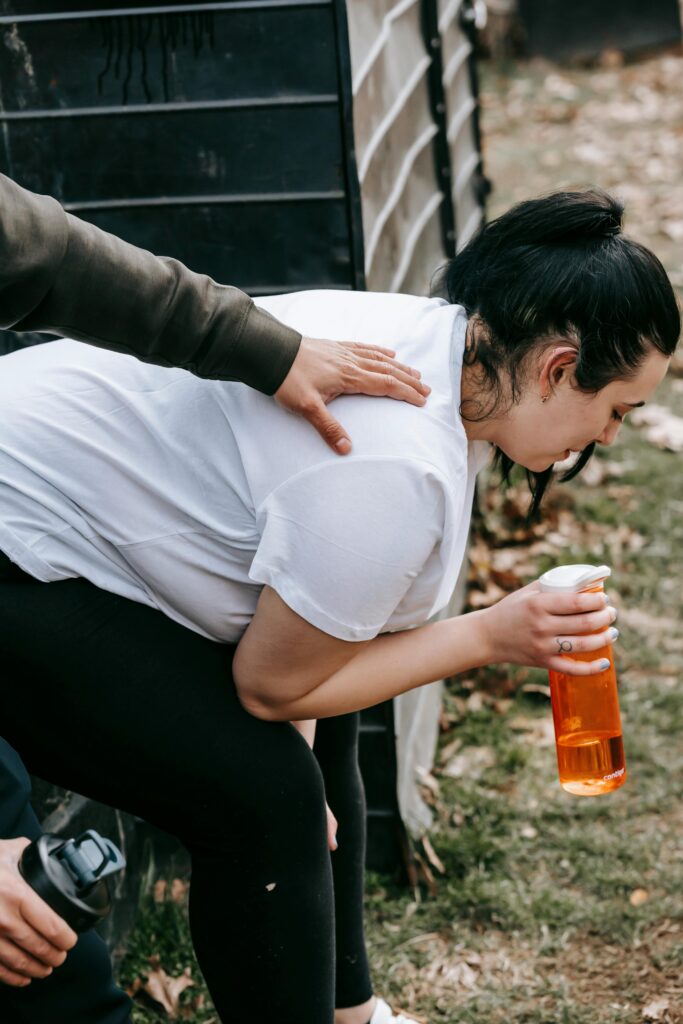
Scientific Evidence Supporting Water’s Role in Weight Loss
Research Findings
Several studies have explored the relationship between water intake and weight loss:
- Hydration and Caloric Intake: A 2019 survey indicated that 26.3% of participants reported increasing water intake to reduce body weight. Another study found that subjects who drank 500 ml of water before meals consumed fewer calories and experienced greater weight loss.
- Water and Metabolism: Research has shown that drinking water can increase sympathetic nervous system activity, which in turn boosts metabolism and energy expenditure. A study published in 2003 found that drinking 500 ml of water increased metabolic rate by 30% for about 30-40 minutes.
- Long-Term Weight Management: A 2013 study highlighted that subjects who drank an extra cup of water daily gained 0.13 kg less weight over four years. Replacing sugary beverages with water resulted in an average weight loss of 0.5 kg over the same period.
Contradictory Evidence
Despite the positive findings, some studies suggest that the direct link between water intake and weight loss is not robust. For instance, a 2017 study found no significant association between drinking a specific amount of water daily and weight loss in overweight or obese adolescents.
Practical Tips for Increasing Water Intake
To harness the potential weight loss benefits of water, consider the following strategies:
1. Set Daily Water Goals
Determine an appropriate daily water intake based on your weight, activity level, and climate. A common recommendation is the “8×8 rule” — eight 8-ounce glasses of water per day, which equates to about 2 liters. However, individual needs may vary.
2. Drink Water Before Meals
Consuming a glass of water before each meal can help suppress appetite and reduce calorie intake. Aim for about 500 ml (17 ounces) 30 minutes before eating.
3. Carry a Reusable Water Bottle
Having a water bottle with you throughout the day serves as a constant reminder to drink more water. It also makes it easier to stay hydrated on the go.
4. Infuse Water with Flavor
If plain water seems boring, try infusing it with natural flavors. Add slices of fruits like lemon, lime, or berries, or herbs such as mint and basil. This can make drinking water more enjoyable and encourage higher intake.
5. Set Reminders
Use smartphone apps or set alarms to remind you to drink water regularly. Consistent reminders can help establish a routine and ensure you meet your hydration goals.
6. Eat Water-Rich Foods
Incorporate foods with high water content into your diet. Fruits and vegetables such as cucumbers, tomatoes, watermelon, and oranges contribute to hydration and provide essential nutrients.
7. Monitor Your Urine
A simple way to gauge hydration is by the color of your urine. Pale, straw-colored urine typically indicates adequate hydration, while darker urine suggests you need to drink more water.
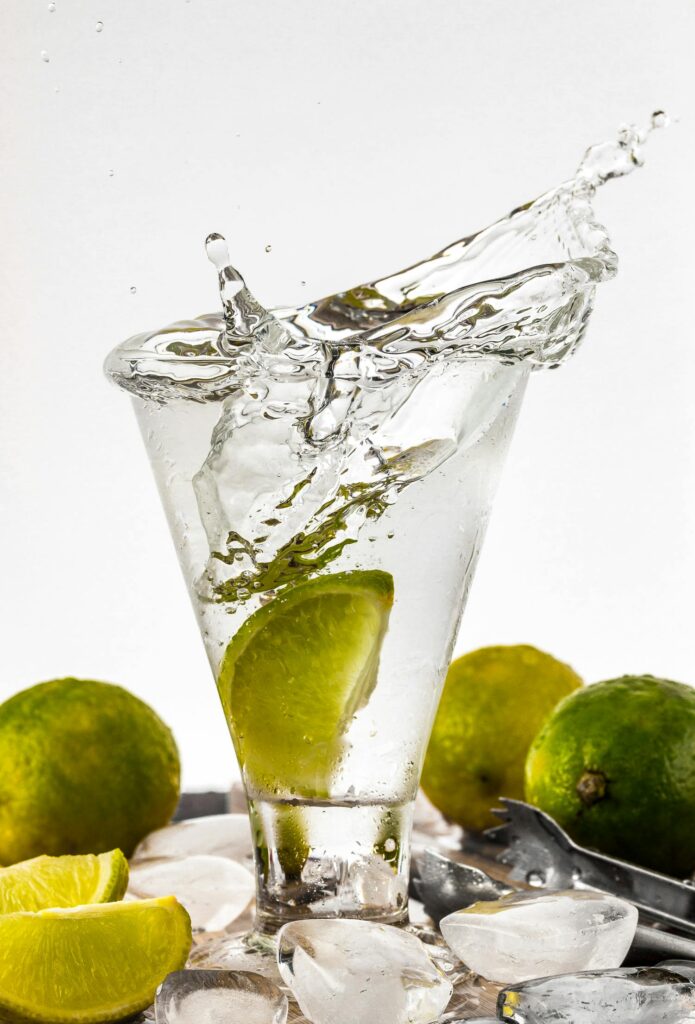
Debunking Common Myths About Water and Weight Loss
Myth 1: Drinking Water Alone Causes Significant Weight Loss
While water can aid in weight loss by suppressing appetite and boosting metabolism, it is not a magic solution. Significant weight loss requires a combination of a balanced diet, regular exercise, and healthy lifestyle habits.
Myth 2: All Water Consumption Methods Have the Same Effect
The temperature and timing of water consumption can influence its effects. Cold water may slightly increase calorie burn due to the energy required to heat it to body temperature. Drinking water before meals is more effective for appetite suppression than sipping throughout the day.
Myth 3: Drinking Excessive Water Leads to Weight Loss
Overhydration, or drinking excessive amounts of water, can lead to water intoxication, a dangerous condition that disrupts the balance of electrolytes in the body. It’s important to drink an appropriate amount of water based on individual needs rather than assuming more is always better.
Integrating Water into a Holistic Weight Loss Plan
For optimal results, incorporate increased water intake into a comprehensive weight loss strategy that includes:
1. Balanced Diet
Focus on a diet rich in whole foods, including lean proteins, whole grains, healthy fats, and plenty of fruits and vegetables. Avoid processed foods and sugary beverages.
2. Regular Exercise
Combine cardiovascular exercises like running, swimming, or cycling with strength training to build muscle and boost metabolism.
3. Adequate Sleep
Quality sleep is crucial for weight management. Aim for 7-9 hours of sleep per night to support overall health and well-being.
4. Stress Management
Chronic stress can lead to overeating and weight gain. Practice stress-reducing activities such as yoga, meditation, or deep breathing exercises.
5. Consistent Hydration
Make water your primary beverage choice. Keep track of your intake and adjust based on activity level, climate, and individual needs.
Detox Water Recipes for Weight Loss

Enhance your hydration routine with these delicious and refreshing detox water recipes:
1. Cinnamon Water with Honey
Ingredients:
- 1 tablespoon honey (15 ml)
- 1 cup water (250 ml)
- ½ teaspoon cinnamon (2.5 g)
Method:
- Boil the water and add the cinnamon.
- Let it boil for 5 minutes, then remove from heat.
- Allow the beverage to cool, then stir in the honey.
- Mix well and enjoy.
2. ABC Detox Drink (Apple Beetroot Carrot)
Ingredients:
- 1 medium apple
- 1 medium carrot
- 1 tablespoon lemon juice
- ½ teaspoon ginger
- ¼ cup water
Method:
- Wash and chop the apple, carrot, and beetroot.
- Place all ingredients in a blender with lemon juice and water.
- Blend until smooth, strain the liquid, and discard the pulp.
- Drink immediately.
3. Lemon Mint Water
Ingredients:
- 1 lemon, sliced
- A handful of fresh mint leaves
- 1 liter of water
Method:
- Add lemon slices and mint leaves to a jug of water.
- Let it infuse for a few hours or overnight in the refrigerator.
- Enjoy chilled.
4. Cucumber Lime Water
Ingredients:
- 1 cucumber, sliced
- 1 lime, sliced
- 1 liter of water
Method:
- Add cucumber and lime slices to a jug of water.
- Let it infuse for a few hours or overnight in the refrigerator.
- Enjoy chilled.
5. Ginger Lemon Water
Ingredients:
- 1-inch piece of ginger, peeled and sliced
- 1 lemon, sliced
- 1 liter of water
Method:
- Add ginger slices and lemon slices to a jug of water.
- Let it infuse for a few hours or overnight in the refrigerator.
- Enjoy chilled.
Conclusion
Increasing water intake is a simple yet effective strategy to support weight loss and overall health. While water alone is not a miracle cure for weight loss, it plays a crucial role in appetite suppression, calorie burning, and replacing high-calorie beverages. Integrating proper hydration into a holistic weight loss plan that includes a balanced diet, regular exercise, adequate sleep, and stress management can lead to significant and sustainable results. Stay hydrated, stay healthy, and embark on your weight loss journey with confidence and determination.

